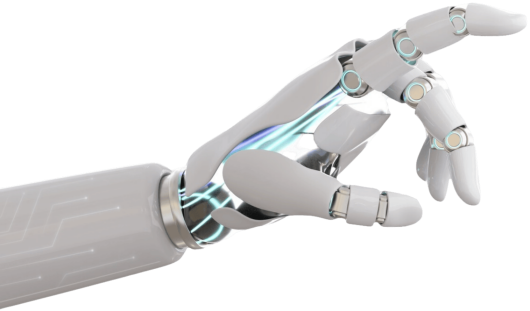
This paper provides a full-state dynamic analysis and control design study of mobile manipulator (MM) systems. Specifically. the following problems are addressed: (i) full-state dynamic modeling (including kinematics), (ii) multiple-task motion planning. and (iii) full-state tracking control (feedback linearizing control, sliding mode control). A set of representative results are presented for MMs with nonholonomic and holonomic omnidirectional platforms and 2-DOF or 3-DOF manipulator arms. These and other results verify the expectation that the use of full-state models (i.e. the inclusion in the controller design of the dynamic interaction between the mobile platform and robotic manipulator mounted on it) leads to a much superior tracking capability compared to the situation where the models used are not full-state ones (i.e. some or all of the platform-manipulator interaction terms are neglected).
mobile manipulators, full-state modeling, motion planning, full-state control, feedback-linearizing decoupling control, sliding-mode control